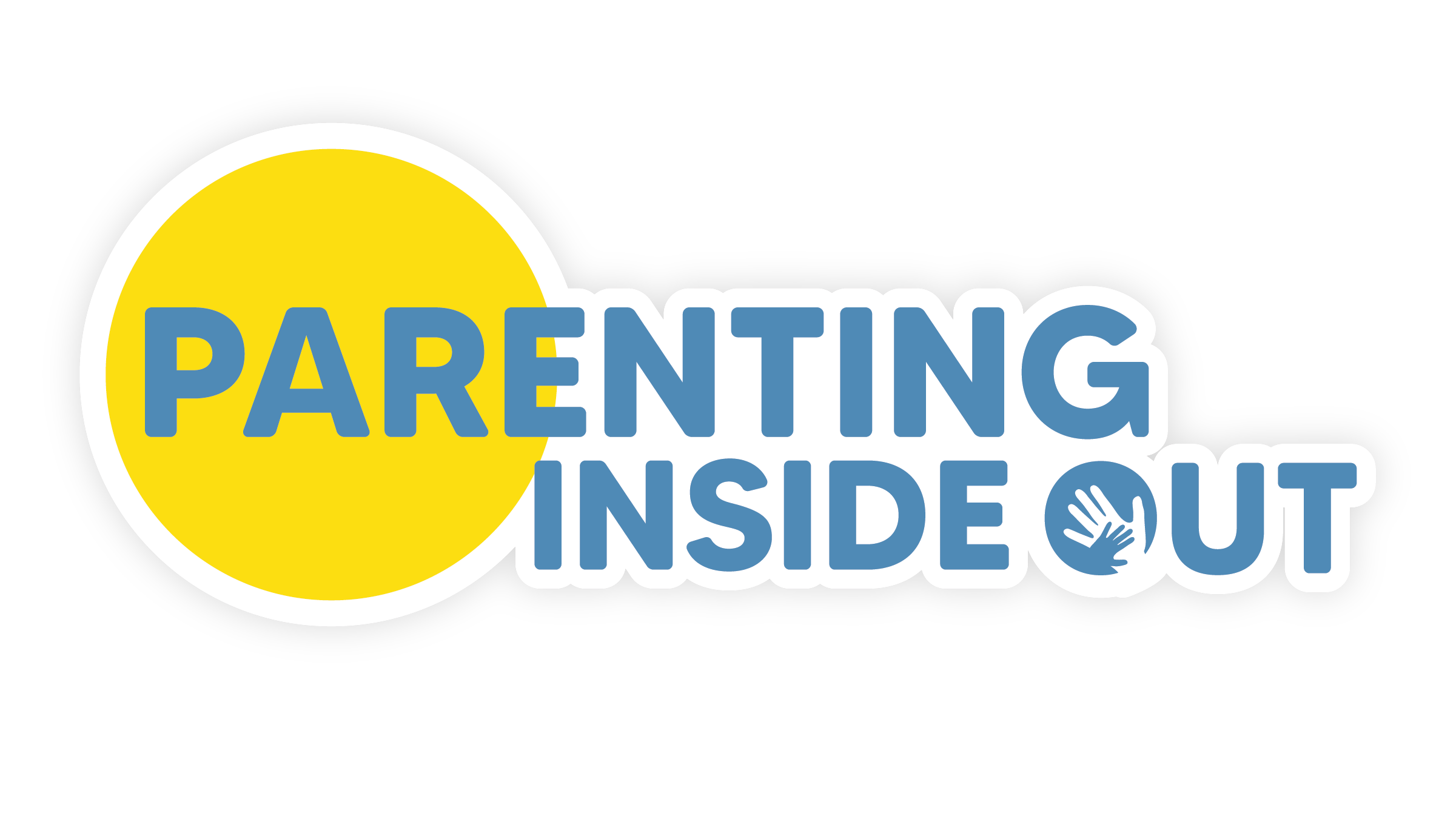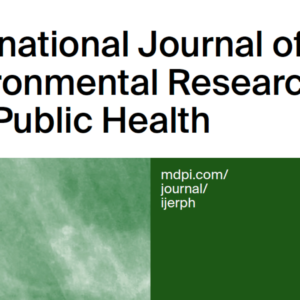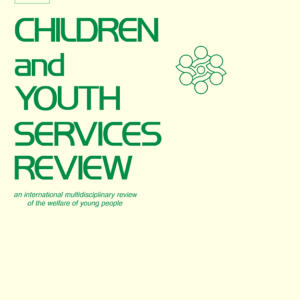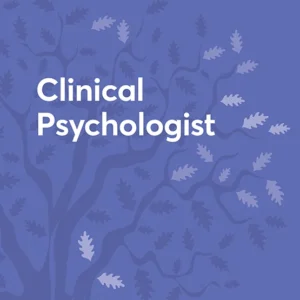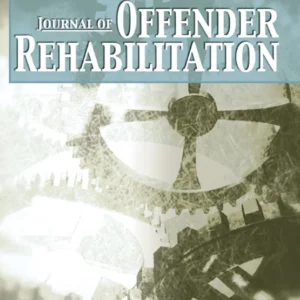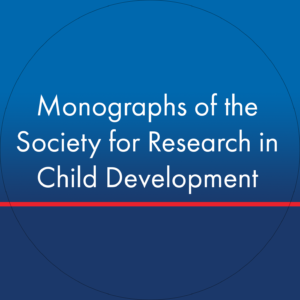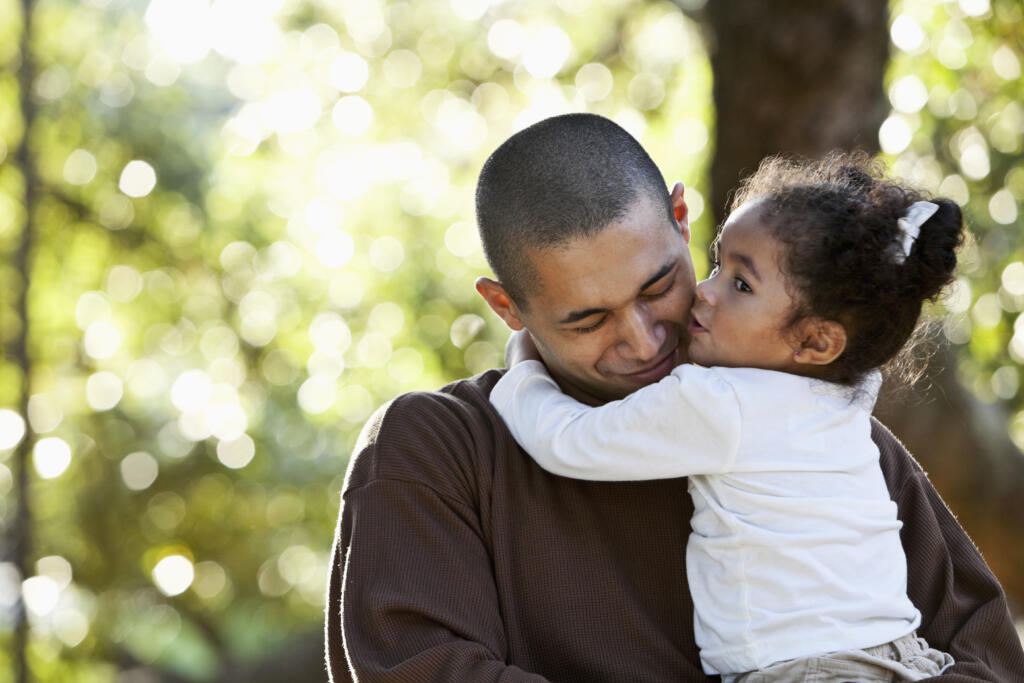
What Does it Mean to be “Evidence-Based”?
Real Solutions Backed by Research
Evidence-based practices, increasingly essential in corrections, refer to programs that have undergone rigorous evaluation research, demonstrating that their results are directly due to the program itself. These programs are critically peer-reviewed and recognized as effective by a federal agency or respected research organization, often appearing on their registries or lists of approved programs.
34%
reduction in post-release arrests
29%
reduction in self-reported criminal behavior
1.6x
less likely to report substance use
↑
increased optimism and family contact
Get In Touch
Can’t find the answer you’re looking for? Please send us a message and our friendly team will follow up with you as soon as possible.

Donate
Make a donation to The Pathfinder Network and help us provide support for systems-impacted individuals, youth, and families.

